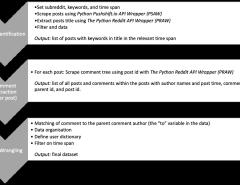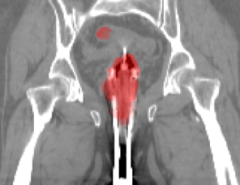Authors: Stanislas Strasman, Antonio Ocello, Claire Boyer, Sylvain Le Corff, Vincent Lemaire
Published on: February 07, 2024
Impact Score: 8.15
Arxiv code: Arxiv:2402.04650
Summary
- What is new: The paper presents a novel approach to score-based generative models (SGMs) by introducing a method to optimize the noise schedule in a time-dependent manner, improving over existing time-homogeneous methods.
- Why this is important: Existing SGMs use a constant noise schedule which may not be optimal for accurately estimating the target data distribution.
- What the research proposes: The paper proposes an algorithm to automatically adjust the noise schedule in a time-dependent way, aimed at minimizing the divergence between the target and estimated distributions.
- Results: The optimized noise schedule demonstrated superior performance in minimizing the KL divergence and Wasserstein distance between the estimated and target distributions compared to standard choices.
Technical Details
Technological frameworks used: Score-based generative models (SGMs)
Models used: KL divergence, Wasserstein distance models
Data used: Noise-perturbed samples
Potential Impact
Data generation and synthesis, AI model training platforms, companies in the data analytics, and machine learning sectors.
Want to implement this idea in a business?
We have generated a startup concept here: OptiGen.



Leave a Reply